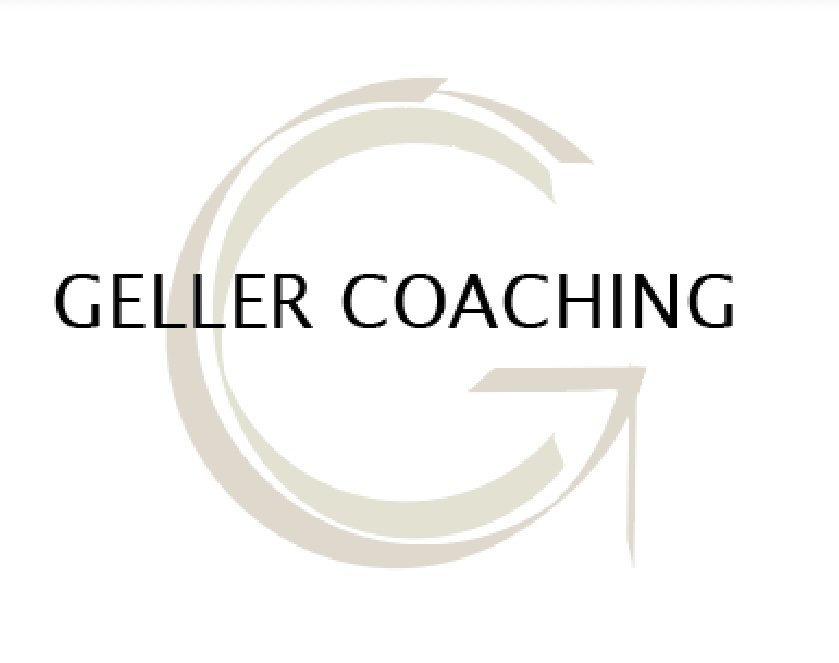To Reduce Stress, Learn to Relax!
Every other article we see today is about how to reduce stress. Every newsworthy data dump is about how we cannot afford to keep living under the blanket of stress and anxiety. We are self-medicating to alleviate the weight of the world, eating more to find comfort, and not getting to the gym due to all the time we spend on our auto-pilot self soothing techniques.
By creating a plan in advance, relaxing can be easily accessible and just what you have needed.
Auto-pilot: that which we do in the moment, without planning but great urgency, followed up with regret.
You know what I am talking about because even those of us that have real tools on managing anxiety and stress, have spent a night or a dozen recklessly trying to fix the moment. A few drinks. A sleeve of Oreos. A bag of chips.
It is human nature. And whether we like it or not, we are all human.
However, even with the easily accessible ways to get healthy and stay healthy, we don’t access it at all because we are constantly trying to fix this moment. Just this minute. We live in a world yearning for instant gratification. Now. Please.
Yet if we could begin the work of having a life that feels calm, thoughtful and happy, before the moment of urgency arrives, we could tap into something amazing. We could tap into a life-long new pattern that eventually will become the new auto-pilot. An auto-pilot that may feel spur of the moment, but is actually well thought out and planned.
In order to de-stress, we must learn how to tap into making relaxation our default button on demand.
Getting to a relaxed state of mind isn’t something that easily occurs, which is why we have such a hard time accessing it. We are literally waiting for the confirmation that now is the time to relax!
Instead we simply need to learn how to relax during a moment that we are not currently craving it.
These three tips will make that effort easier and help you incorporate de-stressing techniques into your daily routine.
1. Remember that relaxation is self-care
And while many think that this needs to begin in a quietly space alone, that’s not the case. Self-care can be achieved alone or with a group of people and is an important descriptor that helps you identify why you’re doing something, not just who you’re doing it with.
However you choose to relax, make sure you’re pursuing that activity purely for your own enjoyment. Something that seems relaxing on the outside can still be stress-inducing if you have ulterior motives to worry about. For example, writing music won’t be relaxing if you’re doing it on a tight deadline as part of your job. Try to choose activities that are not related to your career goals or daily responsibilities.
2. Create a Plan
Don’t assume when you need it most, you will be able to choose a relaxing activity. When we are the most stressed, we are also the least resourceful. So create a plan by thinking ahead about your free time and which relaxation methods you might enjoy. Take the time to make a list of things of these things and keep this list handy! Maybe in your phone notes or on paper at your bedside table. This will help you take advantage of the moment even when you feel stress coming on.
There are an infinite number of ways to relax because everyone has different interests and skills. Here just a few that you might enjoy:
Meditation – Whether it’s a guided group class or a solo session out in nature, meditation can help you achieve a relaxing reset.
Yoga – Establish a strong mind-body connection by combining inner focus with physical stamina.
Cooking – Explore your tastes and share your own culinary creations with family and friends. Don’t be discouraged if you’re a beginner, there are plenty of cooking classes available to help you get started.
Gardening – Whether you have a full yard or just a spare windowsill, you can grow your planting passion and reap the benefits of being a green thumb.
Exercise – A regular exercise routine will help you feel happier, more energetic and less stressed. Although you may not consider exercise relaxing, find one that creates movement without stress. Maybe walking quickly on the trails, or using a paddle board on the bay.
Reading – A great story can transport you from your current reality and let you explore someone else’s for a while which can definitely help you relax. You might even learn something incredibly valuable along the way.
3. Find a circle that will help you relax year-round
Who you choose to relax with is just as important as the activity you pursue. Often, friendships and relaxation go hand-in-hand, so if you can find a group to share your hobbies and socialize with, it will help you achieve a relaxed state of mind more frequently. Carrying those good feelings into your daily life makes it much easier to handle your job and other responsibilities.
Ready to de-stress? Then start creating your relaxation plan!

